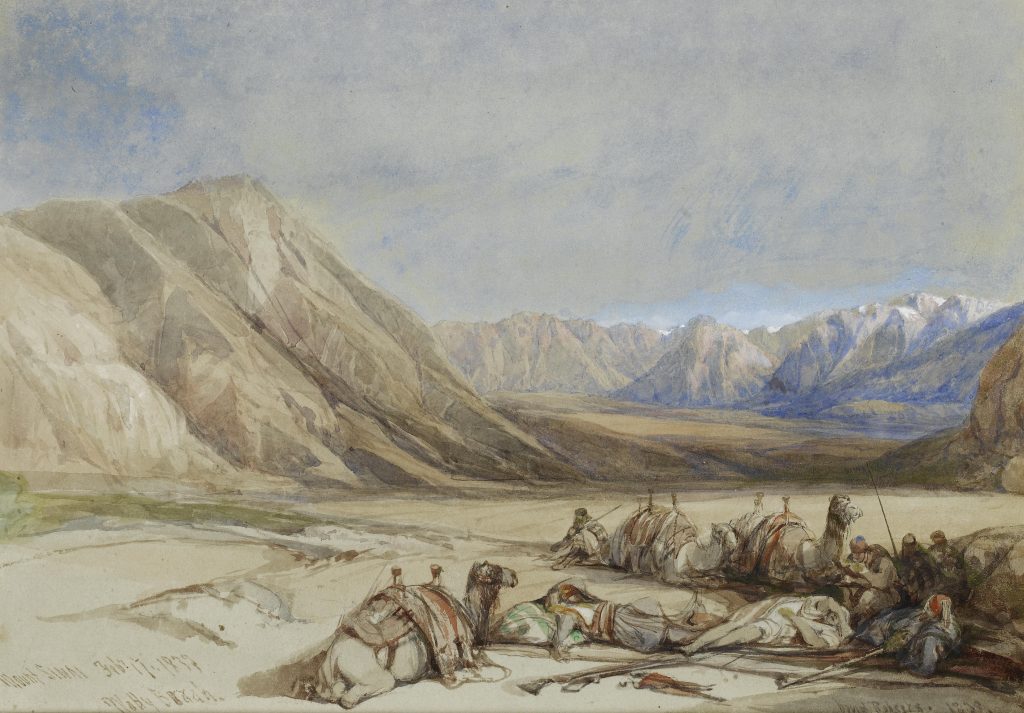“The LORD spoke to Moses on Mount Sinai, saying, “Speak to the people of Israel and say to them, when you come into the land that I give you, the land shall keep a Sabbath to the LORD. For six years you shall sow your field, and for six years you shall prune your vineyard and gather inits fruits, but in the seventh year there shall be a Sabbath of solemn rest for the land, a Sabbath to the LORD.” (Leviticus 25:1-5)
Many Bible commentators have read this passage and wondered why the Torah mentions specifically the laws of the Sabbatical year that was ANYWAY given together with all of the other biblical laws on Mount Sinai? Or as Rashi {רש”י} (Rabbi Shlomo Yitzchaki who lived in France and Germany in the 11th century), the most famous Jewish Bible commentator of all times put it:
“What special relevance does the subject of Shemitah (the Sabbatical year) have with Mount Sinai? Were not all the commandments stated from Sinai?”

And Rashi answers:
“This teaches us that just as with Shemitah , its general principles and its finer details were all stated from Sinai, likewise, all of them were stated- their general principles together with their finer details-from Sinai.”
Over the years, Rashi s question: What does the subject of Shemitah have to do with Mount Sinai? This question became a well-known idiomatic phrase in Hebrew:
“Ma Inyan Shemitah Etzel Har Sinai? {?מה עניין שמיטה להר סיני} – Which is used today in Modern Hebrew to mean, “What does one thing have to do with the other?”
